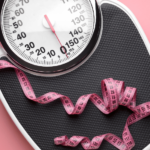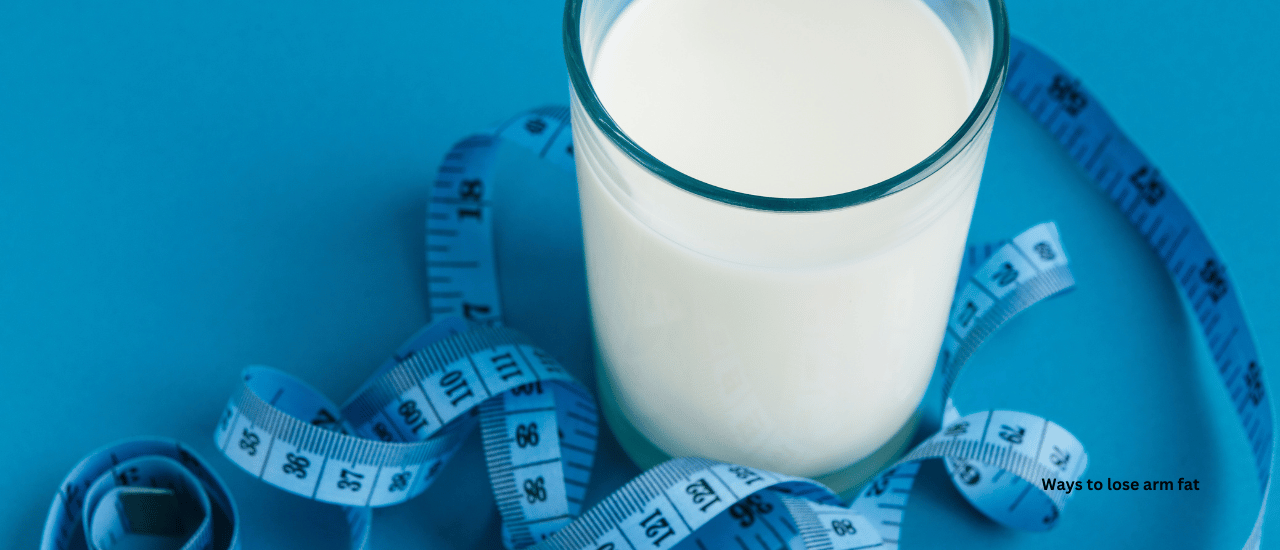People pursue weight loss for various reasons, often falling prey to fad diets that promise quick results. While there are ways to speed up your weight loss efforts, it’s crucial to recognize that losing weight too rapidly can have negative consequences.
Ultimately, safe and sustainable weight loss is more about the journey than a specific number on the scale or a looming deadline. Here’s expert advice on effective strategies for losing weight and maintaining your results.
15 Tips for Safe and Sustainable Weight Loss, According to Experts
- Embrace Long-Term Lifestyle Changes Ditch the word “diet,” advises Ellen Albertson, Ph.D., a registered dietitian and author. Diets can be restrictive and make you preoccupied with food, which is counterproductive. Instead, view weight loss as part of a healthier lifestyle, focusing on caring for your body.“Weight loss is complex, but you control your food choices, activity levels, and other factors like stress and sleep,” says Albertson. Set SMART—specific, measurable, achievable, relevant, and time-sensitive—goals, and celebrate your achievements.
- Target the First 5% to 10% Rather than setting an overwhelming goal like losing 25 pounds, aim for modest weight loss, which can bring significant health benefits.“Losing just 5% to 10% of your body weight can greatly reduce the risk of illnesses such as type 2 diabetes and cardiovascular disease,” says Connie Bennett, a certified health coach.
- Cut Back on Ultra-Processed Carbs and Sugars Research published in the Journal of the American Medical Association shows that dietary quality is key for weight loss.“One effective strategy is to reduce sugar and refined carbohydrates,” Bennett advises. By limiting high-glycemic foods like sugary snacks and processed carbs, you’ll likely see faster results.
- Increase Plant Intake A plant-based diet is not only effective for weight loss but also easier to adhere to than calorie-restricted diets.“Fruits and vegetables are high in fiber and water, filling you up without added calories,” explains Dr. Albertson. Aim for five to nine servings of produce daily and incorporate them into every meal.
- Boost Protein Consumption Consuming more protein can help curb appetite and preserve muscle mass during weight loss.“Aim for 25 to 30 grams of protein per meal, such as chicken or protein powder,” says Dr. Albertson. Women over 50 need more protein to maintain muscle as they age.
- Stay Hydrated Drinking plenty of water is linked to weight loss independent of diet or exercise.“Follow the eight by eight rule—eight ounces of water eight times a day,” suggests Jordan Morello, a fitness trainer. Drinking water before meals can also help curb cravings.
- Prioritize a Balanced Breakfast Skipping breakfast can lead to poor dietary choices throughout the day.“A well-rounded breakfast with protein, healthy fats, and quality carbs is crucial for mood and energy,” says Bennett.
- Increase Non-Exercise Movement Enhancing your daily non-exercise activity thermogenesis (NEAT) can lead to significant calorie burns.Small changes—like parking further away or taking the stairs—can accumulate to hundreds of extra calories burned.
- Incorporate Strength Training Building muscle through strength training is essential for boosting metabolism.“Muscle burns more calories, and strength training helps maintain muscle mass as you age,” says Dr. Albertson.
- Avoid Extreme Calorie Cutting Drastically reducing calories or over-exercising can backfire.“Many people respond to frustration by overtraining, which leads to burnout,” warns Rob Darnbrough, a personal trainer. Balance stress with recovery for sustainable results.
- Find an Accountability Partner Weight loss can feel isolating, but you don’t have to do it alone.“Research shows accountability helps. A partner can motivate you to stay on track,” Bennett suggests.
- Limit TV Time Watching excessive television is linked to weight gain.“Sedentary activities often lead to mindless eating. Try turning off the TV,” says a researcher involved in a large study on weight gain.
- Tune into Your Satiety Signals Mindful eating can reconnect you with your body’s hunger cues.“Focus on eating when hungry and stopping when satisfied,” advises Dr. Albertson.
- Prioritize Sleep Quality sleep is crucial for maintaining a healthy weight.Studies indicate that poor sleep can lead to weight gain due to hormonal imbalances.
- Seek Non-Food Comforts Emotional eating can hinder weight loss efforts.“When stressed, try soothing activities like petting an animal or getting a hug,” suggests Dr. Albertson.
Why Fast Weight Loss Isn’t Ideal
While the temptation of rapid weight loss is strong, it often leads to muscle loss and can slow metabolism.
“Quick weight loss can result in regaining weight, leading to a cycle of yo-yo dieting,” warns Bennett. Research shows that those who lose weight slowly tend to keep it off better than those who lose it rapidly.
What is a Safe Rate of Weight Loss?
The CDC recommends losing 1 to 2 pounds per week for sustainable results. This can be achieved by cutting approximately 500 calories daily through diet and exercise.
Benefits of Safe Weight Loss
Losing weight safely leads to numerous health benefits, including improved blood pressure, cholesterol levels, and joint pain reduction.
Potential Risks of Rapid Weight Loss
Losing more than 1 to 2 pounds per week may lead to negative side effects, such as muscle loss, fatigue, and gallstones.
Who Should Avoid Rapid Weight Loss?
Certain groups—like children, pregnant women, and older adults—should approach rapid weight loss with caution. Consulting a healthcare provider is advisable for personalized weight loss plans.
Final Thoughts
The key to effective weight loss lies in adopting healthy habits, such as a balanced diet and regular exercise. Individuals who focus on gradual changes are more likely to achieve long-term success.




